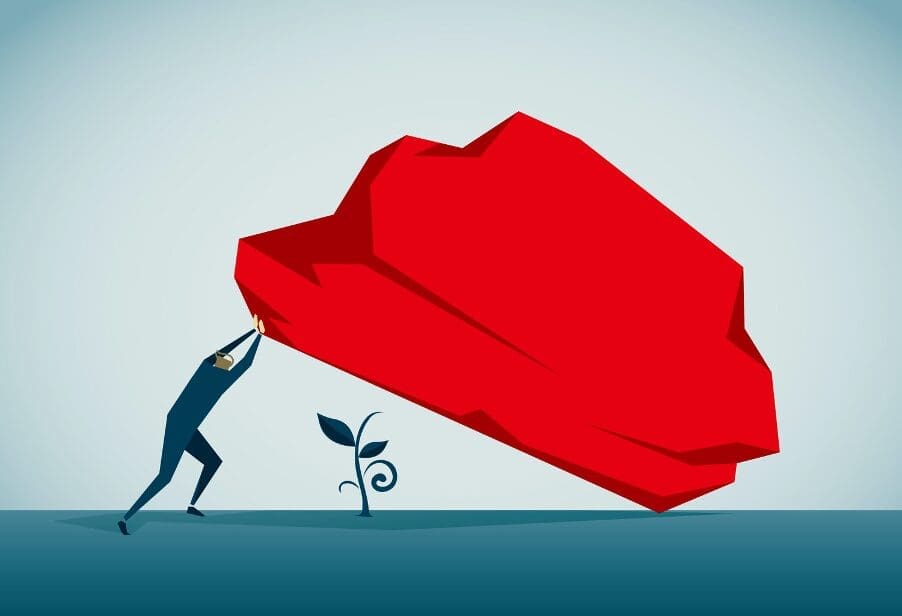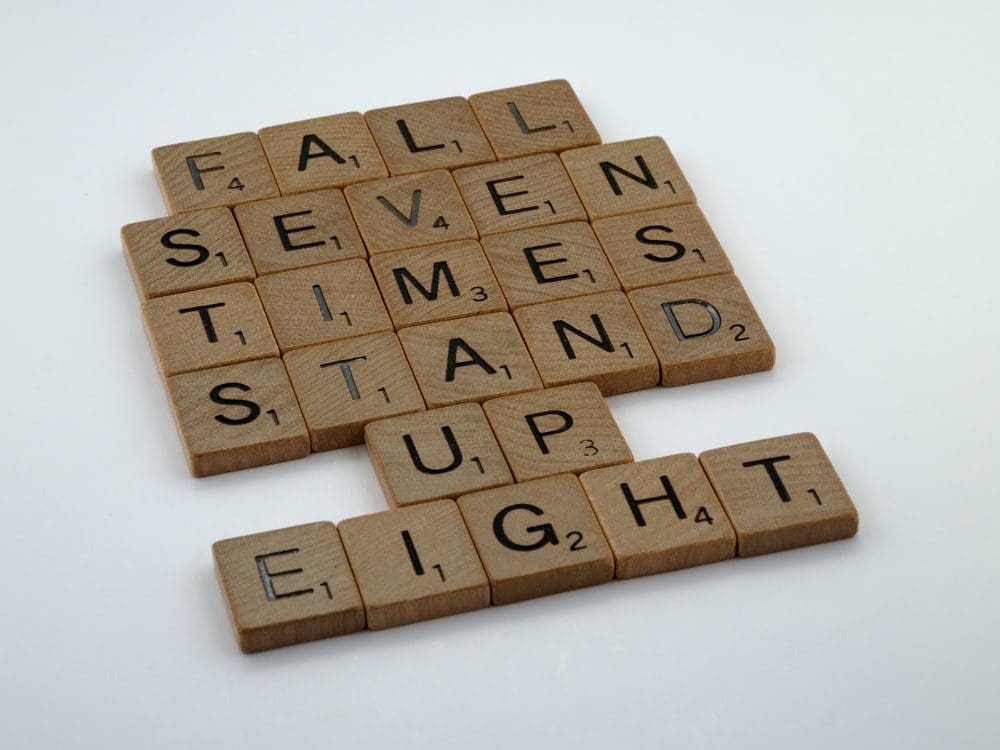
‘Resilience.’
You might have heard this word a lot in those motivational speeches or in those stories about businessmen who keep going even after huge losses, or sportspersons going ahead despite injuries, or in those quotes about great people doing great things after bad bad bad things have happened to them.
It is true, many people have faced many bad things, and many people have overcome those bad things. The question is, do you talk about resilience only when the worst thing that could possibly happen to you actually happens? Do only great people with terrible terrible things that happen to them get to talk about resilience? No.

Resilience is moving forward despite everything going downhill. It could be anything; from losing your company to fire or having to give that presentation despite having a stomach ache.
First,
What is resilience?
In simple words, resilience is the ability to keep going. To pick yourself up every time you fall; come back stronger every time you’ve lost. Resilience is to keep going despite it all.
There are four kinds of resilience.
- Numero one, Mental Resilience. Here, you think. You analyze what has actually happened, understand the situation. Then you think about how you can get out of it.
- Then, there’s Emotional Resilience. This is important because it teaches you to look for the light. It is your unflinching ability to stay positive, or just hope things will get better. Not just that, to learn how to find positivity in dark times.
- We have Physical Resilience next. It is the ability of you physically being able to endure the damages. This tests your stamina, your strength, and your power.
- Lastly, Social Resilience. You make a great team on your own, sure. But in life, it is important to connect, to relate, and to understand others too. This means supporting and being there for people when they need it, and also reaching out for support when you need it.

Will you develop the quality of resilience in yourself if you cultivate these four kinds of resilience? Sure, yes. But it’s not that simple. It takes time, it takes a lot of time and dedication, topped with patience to get there.
Well, then would I be qualified enough to tell you how to learn resilience?
No. There is still a long long way for me to go, a lot more to learn. But in the process of getting there, I did learn a thing or two about being resilient. There you go then, how I learned to be resilient.
Learn to adapt to change.
Some people have difficulty in adapting to change, in knowing that it won’t be the same. Well, the first step to resilience you need to take is to understand that things are always changing, with things, people too. And there is nothing you can do about it. So, you might as well get used to it. Change is the only constant, after all. It takes time, yes. Takes a lot of patience, because sometimes, things are just so nice the way they are, changing them is the last thing you would do. But things do change.
Know it is not the end of the world.
Alright, so I have a Ph.D. in overthinking, right? One small blunder and I’m on the crazy-thoughts-spiral. To help yourself pick yourself up every time you fall, you need to know that it is not the end. There is still a lot to look forward to, a lot more to do. Because in knowing that there is so much more left to do, to see, to learn, you will find it in yourself to keep going.
Take criticism well.
Image source: Breakthrough Corporate Training
Heh-heh. This is something I’m still working on, getting better, but still in process. The key to moving forward is falling down. Only when you are made aware of your shortcomings will you keep going forward, honing your skills.
It is easy to take criticism to heart and lose the will to work on that particular topic anymore. But, it is imperative to understand that criticisms are a gateway to learning, to getting better.
Acceptance.
Bill Gates knew what he was saying when he said, ‘Life is not fair, get used to it.’ Because it is not. It is not fair, it is tough, hard, and ruthless. Does that mean you give up? No, it simply means you need to work hard on making it better for yourself, for your family, for the world. Accepting that situations can get tough, coming out of the utopian mindset will immensely help you move up on the ladder to being resilient.
Avoidance.
When we are processing loss, it seems easier to freeze it all out. To avoid thinking about it, to avoid talking about it. When we are on a rough patch with someone, it feels easier to not talk to them, cut them out. It might help you today, sure. But what about tomorrow? Processing grief, sadness, and loss in a healthy way should be the goal. ‘That’s the thing about pain, it demands to be felt.’. John Green believes that, too.
Think.
Think, think, think. Think about what happened. Think about how it happened. Think about how it has affected you. Think about why it is affecting you. Think about how to make it better. Think about why to make it better. Think about the alternative ways to make it better. Keep thinking, once you understand everything, you are more likely to find your way out of the maze.

Choice.
The one thing that helped me the most is knowing that there is always a choice. No matter who you are, no matter where you are, no matter how you are, you do have a choice. Resilient people concentrate on making the choice of accepting things, moving forward to make them better. While, the others believe in staying with those things, letting them hinder their journey.
That is it, then.
You cannot learn resilience overnight. No, it is not possible. Resilience is a process, a long one. But it is also one exciting process. You learn, you adapt, you accept, you change, you think, you become better.
Every. Single. Day.

Be the first to comment